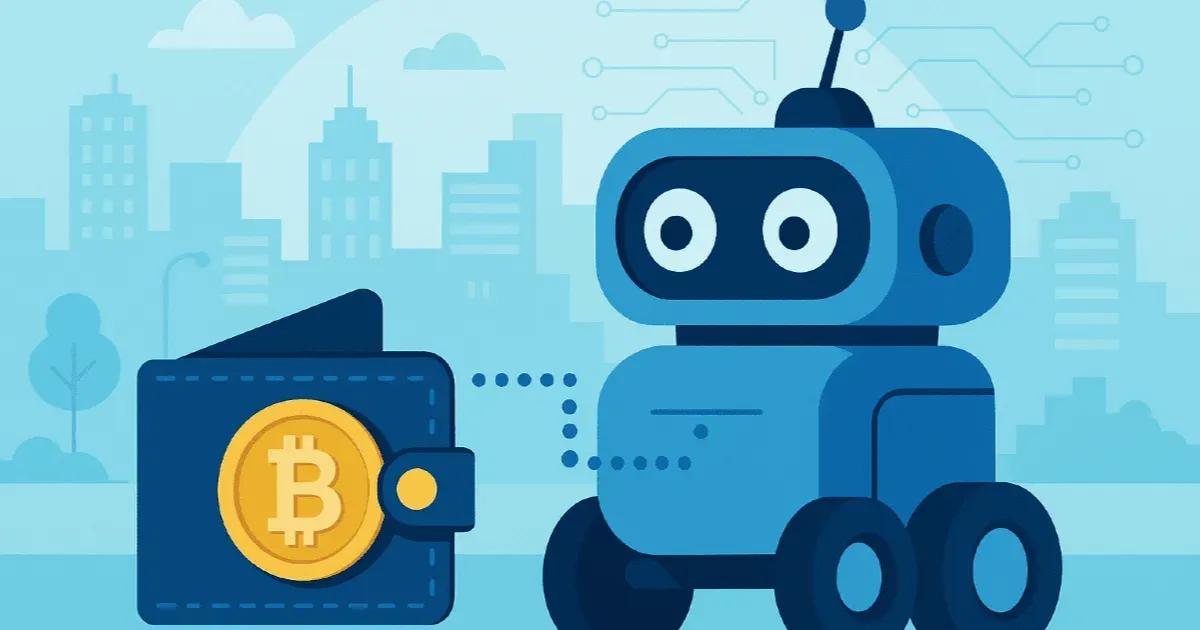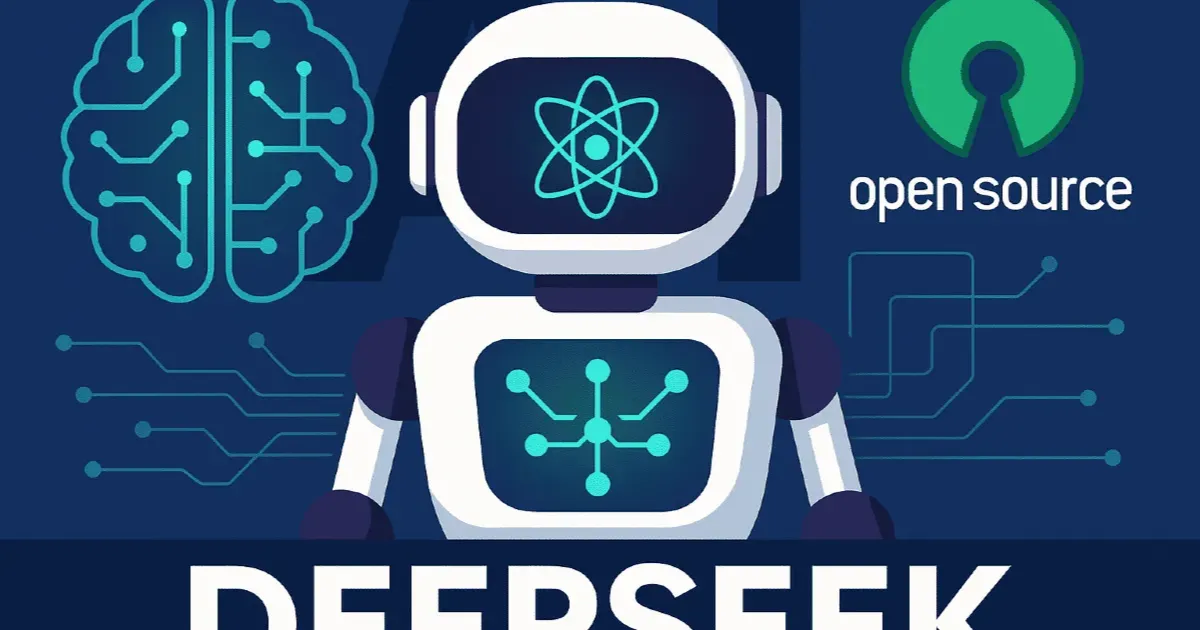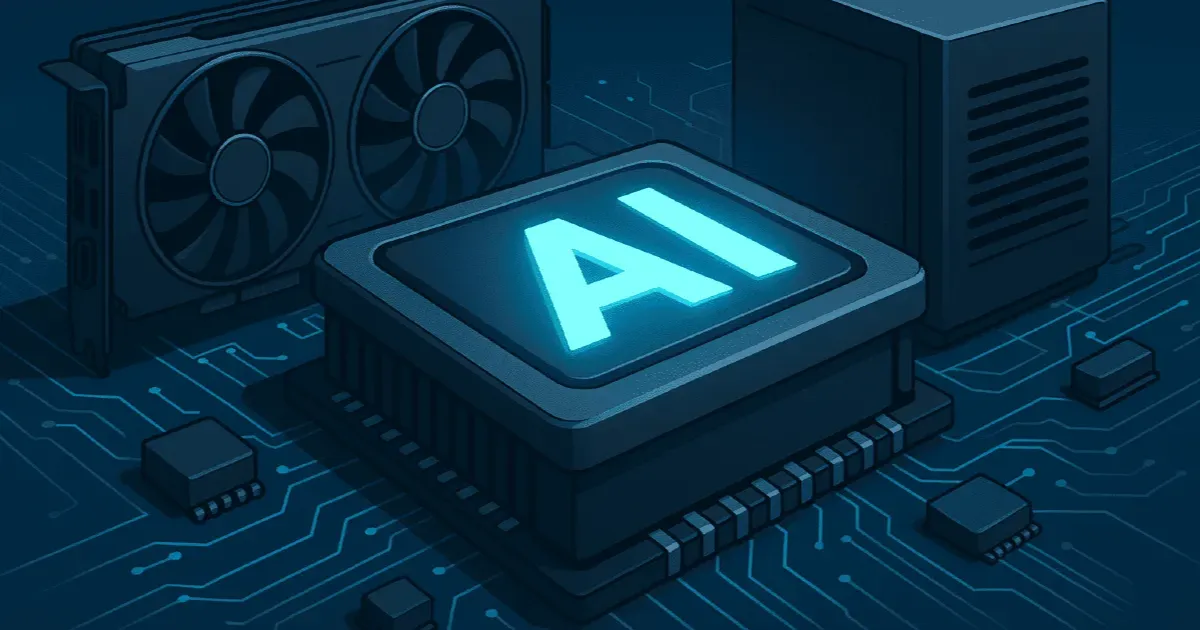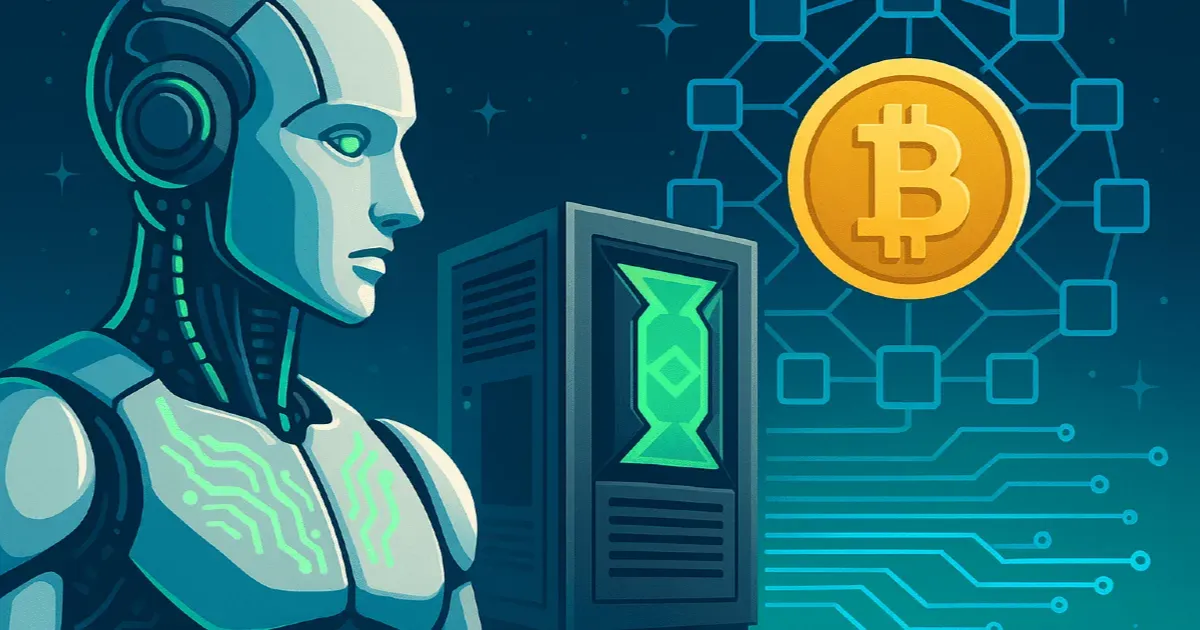No longer are autonomous delivery robots merely couriers. They are real-time negotiators, earners, and consumers who have their own wallets. From being tools, bots have developed into agents and independent economic actors.
Everybody enjoys an Uber Eats moment. The burrito is on its way when you tap your phone. But what if no human is navigating traffic to deliver it this time? Instead, an autonomous automobile with a humanoid delivers it to your door, resolving the last-mile issue, or a sidewalk robot hums along the pavement, directed by sensors and AI.
What you can't see is what makes this experience so beautiful.
This robot is delivering the orders and transacting at the same time as it travels across town. It tips a decentralized navigation oracle for the quickest detour and uses on-chain cash to pay a toll to traverse a private smart road. Following a micropayment at a solar-powered kiosk, it receives a service fee that is placed into its own on-chain treasury as soon as it completes your delivery. This is the appearance of machine-to-machine commerce.
Bots with wallets
Over the past ten years, we have given algorithms more freedom to trade our stocks, choose our music, and edit our news. However, we are now providing funding for that autonomy, along with agency.
Wallets that have access to decentralized finance (DeFi), smart contracts, and machine-readable APIs give machines the ability to negotiate terms with peers, charging stations, and service providers in real time; generate revenue by providing services like delivery, data collection, and infrastructure maintenance; and pay for operational expenses like software updates, repairs, and fuel.
Essentially, bots transform from tools into agents—independent economic actors.
The growth of artificial labor
For millennia, labor entailed people doing duties in exchange for money. These days, we're seeing the emergence of synthetic work, in which AI agents and robots do tasks and generate income on the blockchain, possibly even supporting themselves.
An AI legal agent may bid on micro-contracts for companies that require speedy regulatory assessments, a drone might dynamically price its services during a weather emergency, and a delivery bot could select between high-paying professions based on market demand.
These agents never take sick days because they are made for optimization. Value production, labor, and even what it means to "work" are all altered by this.
We are entering a time when robots are more than simply tools; they are actively contributing to the economy, according to Kevin Leffew, AgentKit lead at Coinbase Developer Platform. Software's ability to earn, spend, and even function autonomously in markets has undergone a structural change.
Who is compensated, and who is substituted?
If your delivery robot makes money, the subject of who gets the money comes up. The business? The DAO of the robot? You, the user? Or maybe—no one?
Furthermore, what will happen to the people that bots replace if they are able to transact, tip, charge, and collaborate more quickly than humans?
Although the machine economy promises efficiency, it also poses a challenge to the decentralization of human involvement in the value chain. We need new ownership structures to make sense of it. Perhaps every resident has a stake in the bots that run their city. Perhaps local taxes are paid by delivery bots. Maybe each delivery you accept earns you tokens.
A new class of players who promise to add value to the economy and present new alignment issues are brought about by financial autonomy for AI.
Convenience's hidden costs
The idea of an "autonomous machine economy" is alluring since it eliminates intermediaries and inefficiencies. Uber Eats meets DeFi meets Wall-E—machines that make, spend, and optimize themselves into the background of our lives.
Is it possible that ultimately, the number of bots would surpass that of gig workers? Or might self-governing agents create DAOs that jointly own the infrastructure they use?
What if your delivery drone costs you more during busy hours—not because it's bad, but because it's a logical and profitable business decision?
With each microtransaction, machines that pay tolls and cooperate with other bots completely rewrite the logic of markets.
Wallets are autonomy, data is cash, and code is work in this economy. If bots are to earn, spend, and transact, they require accountability and restrictions. Not merely a protocol, but a legal framework.
The next time a robot knocks on your door, it might want to buy your house instead of just delivering your groceries if we don't set boundaries immediately.
About the Author
Dan






